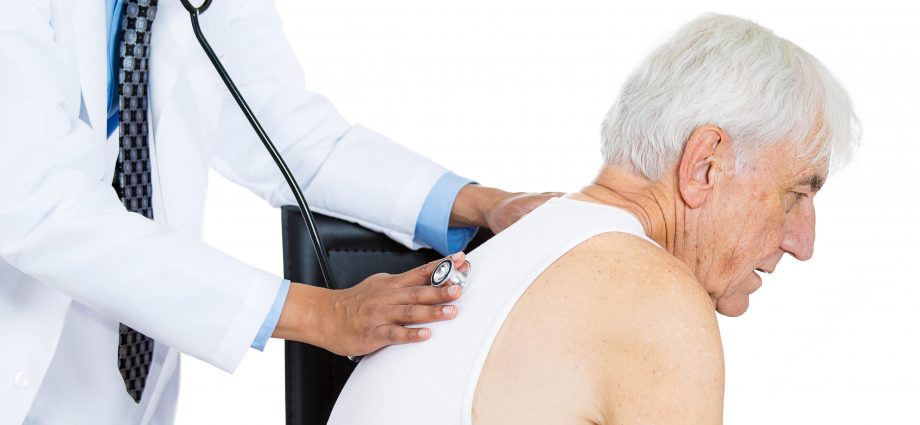MONDAY, Jan. 29, 2024 (HealthDay News) — Following a recall of millions of its breathing machines that began in mid-2021, Philips Respironics announced Monday that it would halt sales of all such machines within the United States.
The machines include continuous positive airway pressure (CPAP) devices used by people with sleep apnea, as well as ventilators used by other patients.
The recall was first spurred in 2021 by reports of defective CPAP machines emitting bits of foam and potentially toxic gases back into users’ airways.
At the time, Philips initiated a recall of the devices in June 2021 and put a pause on sales of new sleep therapy machines to U.S. customers, Philips spokesman Steve Klink told the New York Times.
After that, Philips published data from follow-up testing that it said showed the devices were “not expected to result in appreciable harm to health in patients,” although further testing was ongoing.
However, the U.S.Food and Drug Administration questioned the validity of those claims, calling them “unpersuasive,” the Times said.
Although the 2021 recall affected about 15 million devices manufactured since 2006, over 5 million more were thought to be still in use by 2021, the Times said.
Many thousands of U.S. patients and their families who used the breathing machines have sued Philips, blaming the faulty devices for a wide range of ailments, including fatal lung cancers.
According to the Times, in September the company reached a $479 million settlement with patients meant only to cover the cost of repairing and replacing machines. Separate litigation over illnesses and related medical costs is still working its way through the courts.
Under the agreement reached Monday with the FDA, Philips is obliged to meet a list of standards before it might resume sales in the United States. The company pledges to repair and service devices already in use, the Times added.
Philips said sales of the devices in other countries would continue.
SOURCE: New York Times
Copyright © 2024 HealthDay. All rights reserved.

